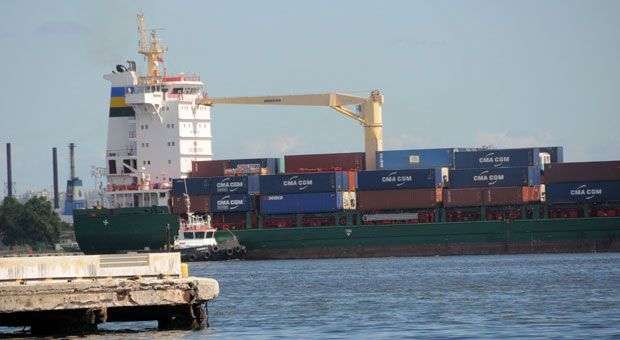In the midst of the changes taking place in the Cuban economic model one of the most anticipated and controversial issue is linked to the treatment of foreign investment. With previous experience really questionable on policies and results, the necessary changes to the process must be really important if Cuba wants to achieve effects and positive contributions to national development.
Internationally, foreign direct investment is the basic way to capture international funding since the late eighties of the last century, after the crisis caused by the breakdown of the process of debt in the year 82 . Thereafter this instrument, its methods of raising and consequences has been the subject of many debates and changes in the legal and institutional environment of different countries aspiring to become more attractive receptors .
The process of attracting foreign investment and its integration into national development plans is complex and requires a multi-factor and systemic analysis, which makes it one of the most important challenges in economic policy for the designers and public policy makers.
Investment flows are considered the most viable option to access fresh capital, technology, export markets and other generators of an important set of potential positive synergies linked to productivity, growth in gross domestic product and employment.
In today’s dynamic changes taking place in Cuba, foreign investment is of particular prominence in the purposes for transforming the economy.
Among experts there is consensus that in a small economy that lack s capital like the Cuban one, FDI should be a strategic axis of development, beyond the challenges and risks that this process entails, linked to various economic and social elements.
To the complex international scenario marked by the crisis of the globalized neoliberal model and limitations imposed by the U.S. blockade, Cuba involves additional challenges in terms of global integration and fundraising and niches in the global market. These require to develop and implement flexible, intelligent and feasible strategies and economic policies to ensure greater uptake of foreign earnings by different routes, particularly direct investment.
We cannot forget, however, that FDI flows respond to mutually beneficial business logic for the parties. The ultimate goal of it is that of obtaining benefits and cannot be ignored, but must be exploited through a legal and efficient regulatory body, distinct, clear and attractive to bring obviously also benefits to the receiver.
The results insufficient capital raising process of the nineties and the reduction in the number of businesses in recent years, forces Cuba to promote a new wave of foreign investment to help raise domestic investment levels, impossible to achieve only by domestic savings and that are essential to advance on the path of development.
Within a very competitive geographical environment on attracting foreign investment, the design of an attractive policy to potential investors can help them decide between a Caribbean destination or another.
Cuban policy in this regard must shed old prejudices and fears and take on the challenges that this process generates in a hurry, which does not mean that irresponsibly open capital accounts and surrender the future to foreign capital.
The policy is designed to consider the previous lessons of national experiences and in other countries. It can benefit from international experiences in high state participation models, which in some cases such as China, Vietnam and Russia are strategic partners that exhibit significant results.
In that sense, it would be necessary to reformulate the legal body looking to raise more transparency, credibility and security as a trump card to attract investors.
According to a recent survey by the Center for the Study of the Cuban Economy at the University of Havana, international investors find several negative elements in the process. Among these are : the long, delayed and opaque approval process of business, the workforce contracting regime under an employing agency and the problems this creates, particularly rising costs related to hiring and other derivatives, slowness and uncertainty about existing regulations on conflict resolution, the clauses on property rights and contract lengths are ambiguous and limited, in addition, the state is the final and only partner, which creates an imbalance in the power relations that some respondents considered negative for the running of the process .
The unanimity on the above criteria may lacerate again more laudable purposes, and these propositions should be taken into account in order to solve what is pending, given current conditions in the country, in an expeditious and transparent way.
For: Dra. Carola Salas Couce










